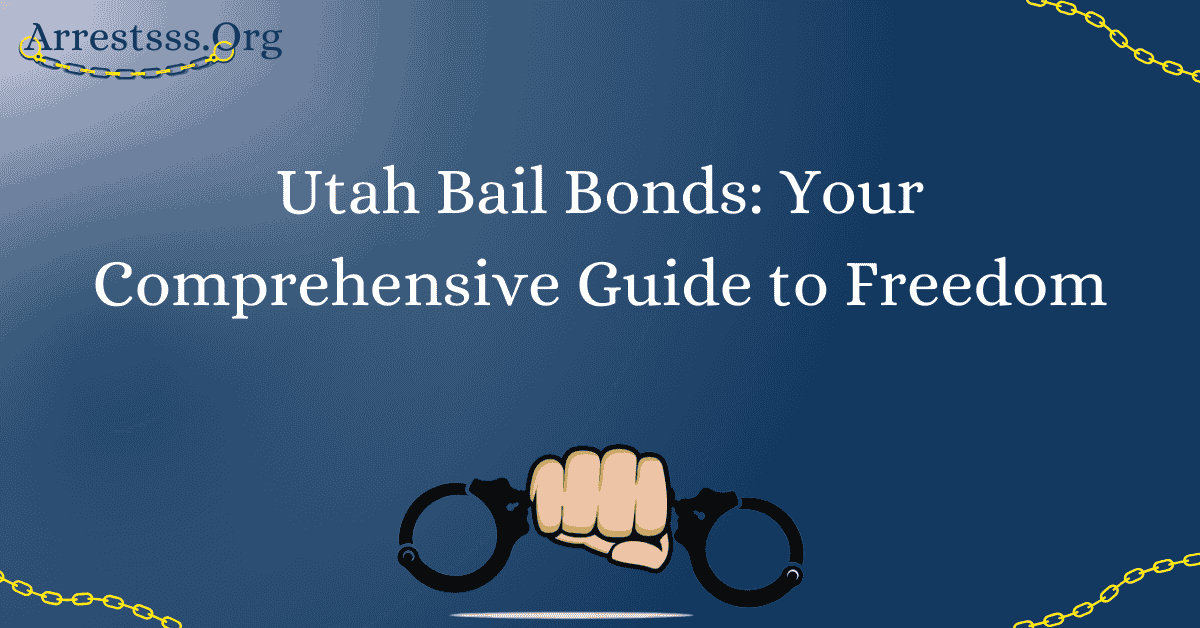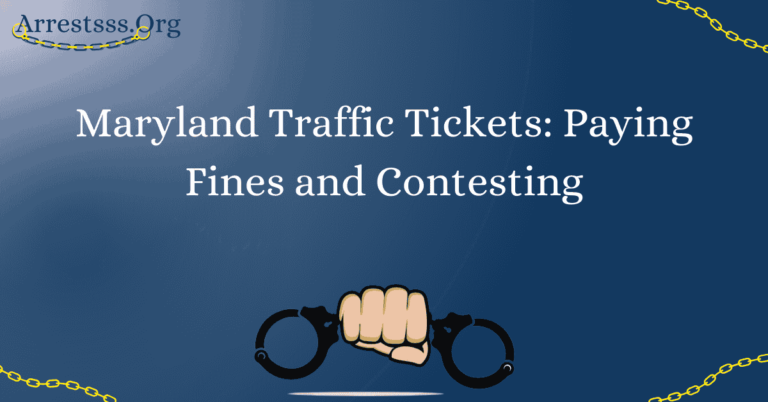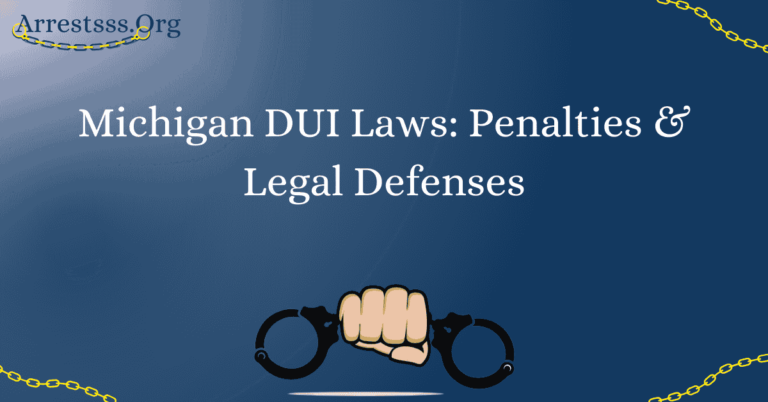Utah Bail Bonds: Your Comprehensive Guide to Freedom

Being arrested in Utah can be a distressing experience, but understanding the state’s bail bonds process is essential to securing your release. In this guide, we’ll unravel the complexities of Utah State bail bonds, providing you with the knowledge needed to navigate the legal system effectively.
The Utah legal system can be overwhelming, especially when you’re dealing with an arrest. However, having a solid grasp of how bail bonds work in the state can significantly impact your experience. This comprehensive guide aims to equip you with all the essential information required to secure your release after an arrest in Utah.
The Bail Bonds Process in Utah
Bail serves as a financial arrangement that allows individuals who have been arrested to be released from custody while awaiting trial. Its primary purpose is to ensure that the accused person appears in court for their scheduled hearings. Bail essentially acts as a form of security that can be forfeited if the individual does not comply with the court’s requirements.
Bail plays a vital role in the criminal justice system as it strikes a balance between the presumption of innocence and ensuring that defendants show up for their court proceedings. It prevents unnecessary pretrial detention and allows individuals to continue their daily lives, such as going to work or caring for their families, until their case is resolved.
The Role of Bail Bonds in Utah
Bail bonds are financial agreements between a defendant, a bail bondsman, and the court. They facilitate a defendant’s release by paying the full bail amount to the court on the defendant’s behalf. In exchange, the defendant or their co-signer pays a fee to the bail bondsman, usually a percentage of the total bail amount.
Bail bonds provide a practical solution for individuals who cannot afford to pay their bail in full, ensuring that they can regain their freedom while awaiting trial.
Types of Bail Bonds in Utah
In Utah, there are primarily two types of bail bonds: cash bonds and surety bonds. A cash bond requires the defendant or their family to pay the full bail amount in cash to the court. Surety bonds, on the other hand, involve a bail bondsman who secures the defendant’s release for a fee.
The type of bond required may depend on the court’s discretion, the defendant’s financial situation, and the nature of the offense.
Determining Bail Amounts
The bail amount is determined by a judge, taking into account various factors such as the severity of the offense, the defendant’s criminal history, flight risk, and community ties. The goal is to set a reasonable bail amount that ensures the defendant’s appearance in court.
Understanding how these factors influence bail amounts can be essential when seeking release.
The Bail Application Process
To secure bail, the defendant or their representative must complete a bail application, which includes personal information, details about the charges, and financial information. This application is submitted to the court for review.
Knowing the ins and outs of the application process can expedite your release.
Collateral and Co-Signers
In some cases, the bail bondsman may require collateral to secure the bond. Collateral can include property, assets, or other valuables that will be forfeited if the defendant fails to appear in court.
Co-signers play a crucial role in the bail bonds process by assuming responsibility for the defendant’s court appearances and ensuring compliance with the conditions of release.
Conditions of Release
When a defendant is released on bail, they must adhere to specific conditions set by the court. These conditions may include attending all court hearings, staying within the state, refraining from contact with victims or witnesses, and complying with any other requirements deemed necessary by the court.
Understanding and following these conditions are vital to maintaining your freedom during the pretrial period.
Bail Bond Fees and Costs
Bail bondsmen charge a fee for their services, usually a percentage of the total bail amount. It’s essential to be aware of the costs associated with using a bail bondsman, as these fees are non-refundable.
Knowing what to expect in terms of fees can help you make informed decisions when seeking a bail bond.
Bail Bond Agencies in Utah
Utah has numerous bail bond agencies that can assist you in securing your release. It’s crucial to choose a reputable and licensed agency to ensure a smooth and reliable process.
We’ll provide tips on selecting the right bail bond agency to meet your specific needs.
What Happens If You Fail to Appear in Court?
Failing to appear in court as required can have serious consequences, including forfeiture of the bail bond, additional charges, and the issuance of a warrant for your arrest. We’ll explore the potential repercussions and what to do if you miss a court date.
FAQ’s
Can I get a bail bond for any type of crime in Utah?
In most cases, yes. Bail bonds are available for various types of crimes in Utah, but the eligibility and conditions may vary depending on the severity of the offense and the defendant’s criminal history. Violent or high-risk offenders may face more stringent bail conditions.
How is the bail amount determined in Utah?
The bail amount is typically set by a judge based on several factors, including the nature of the offense, the defendant’s criminal history, flight risk, and community ties. It is intended to be fair and reasonable, ensuring that the defendant appears in court.
What happens if I can’t afford the bail amount set by the court?
If you can’t afford the full bail amount, you have several options. You can seek assistance from a bail bondsman who will post bail on your behalf for a fee. Alternatively, you can request a bail reduction hearing in court, where the judge may lower the bail amount based on your financial circumstances.







